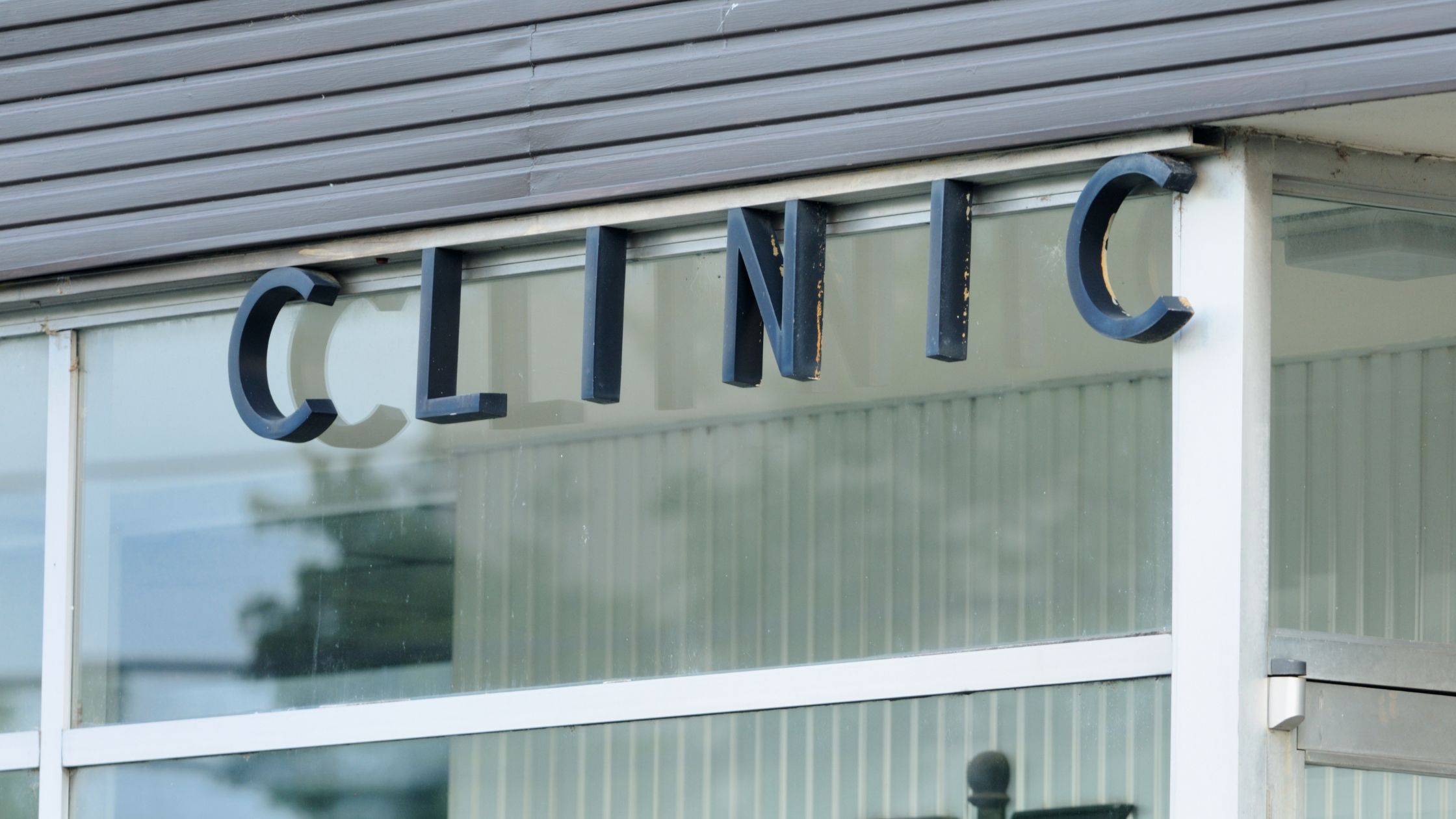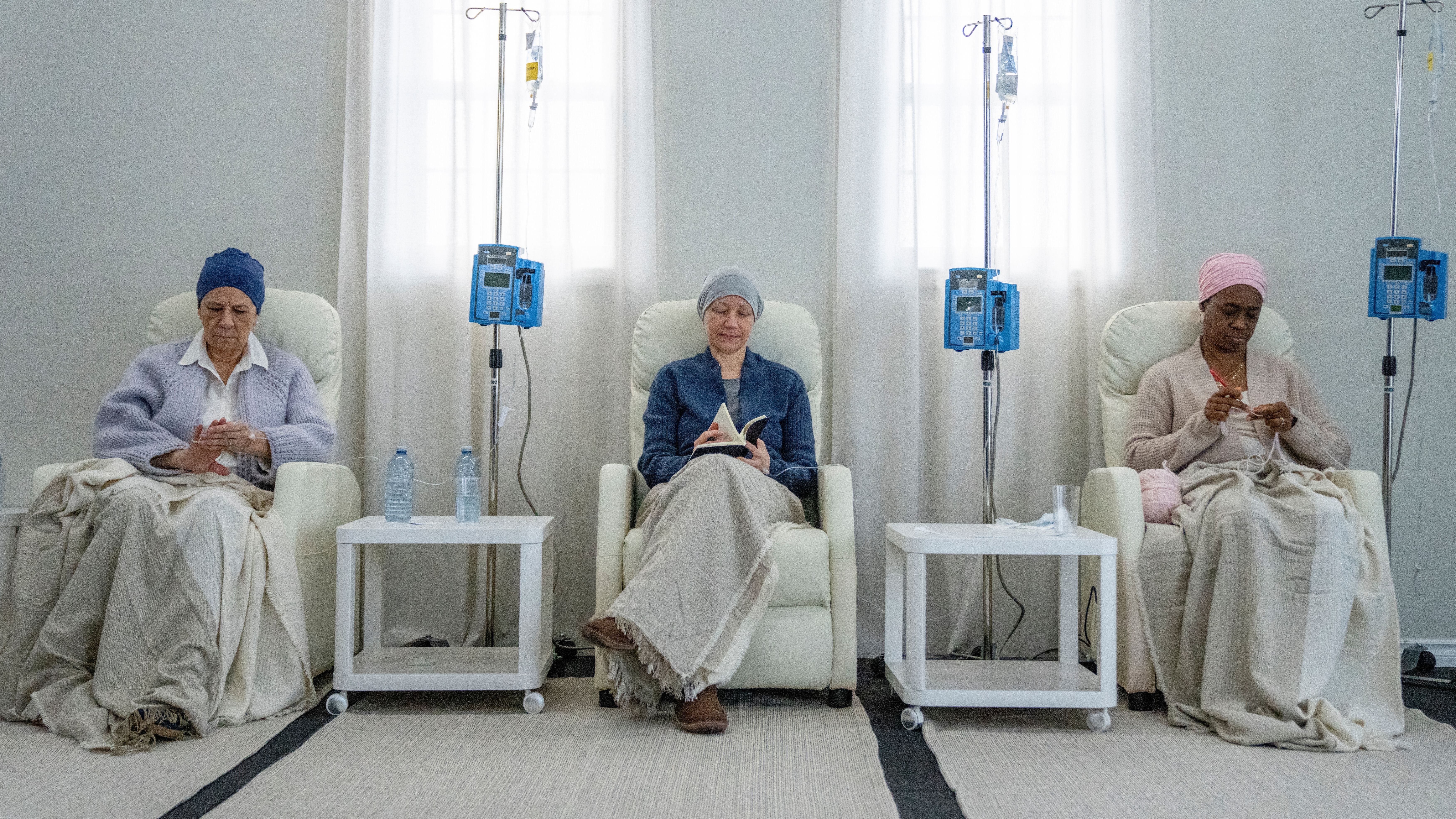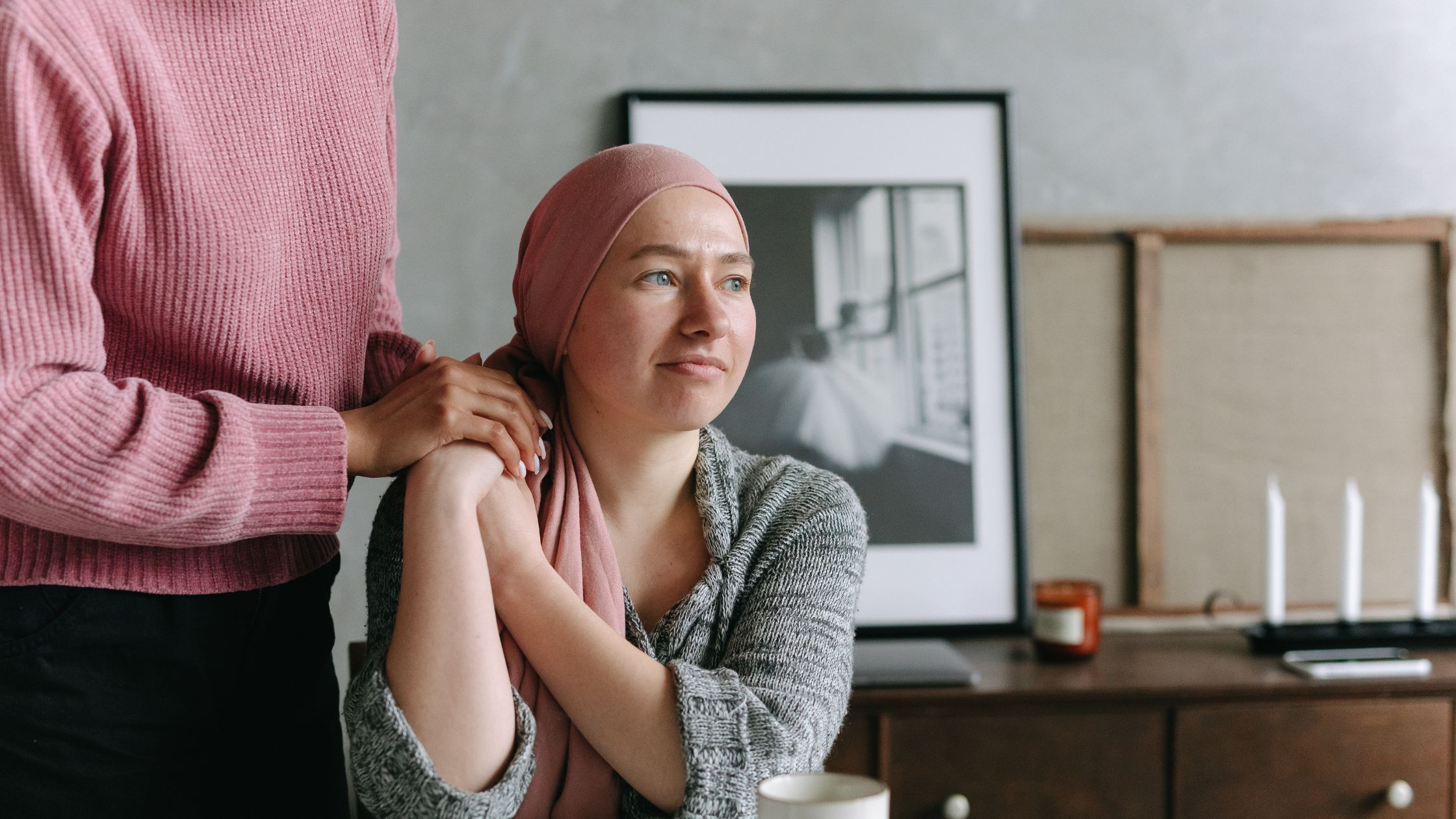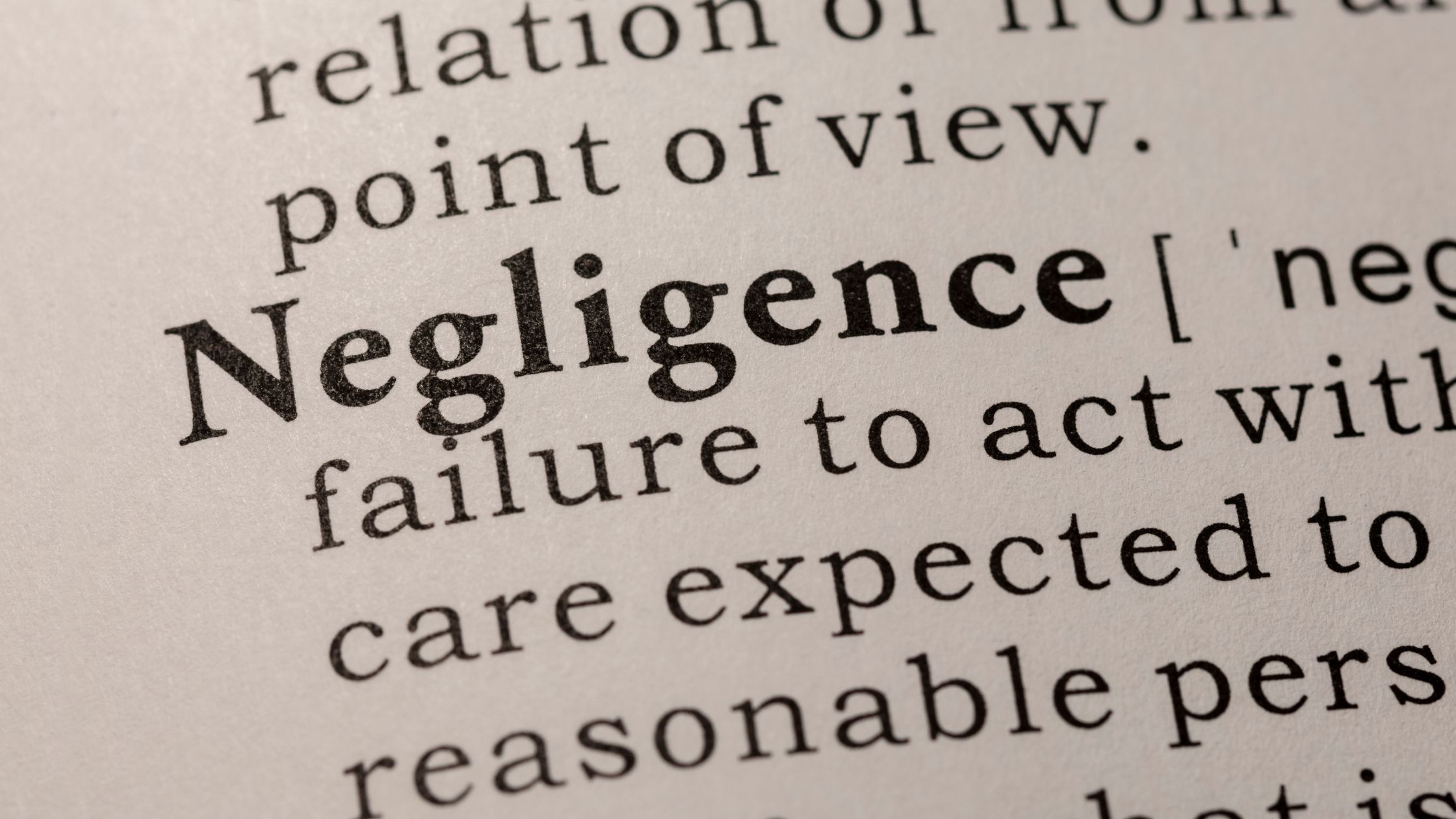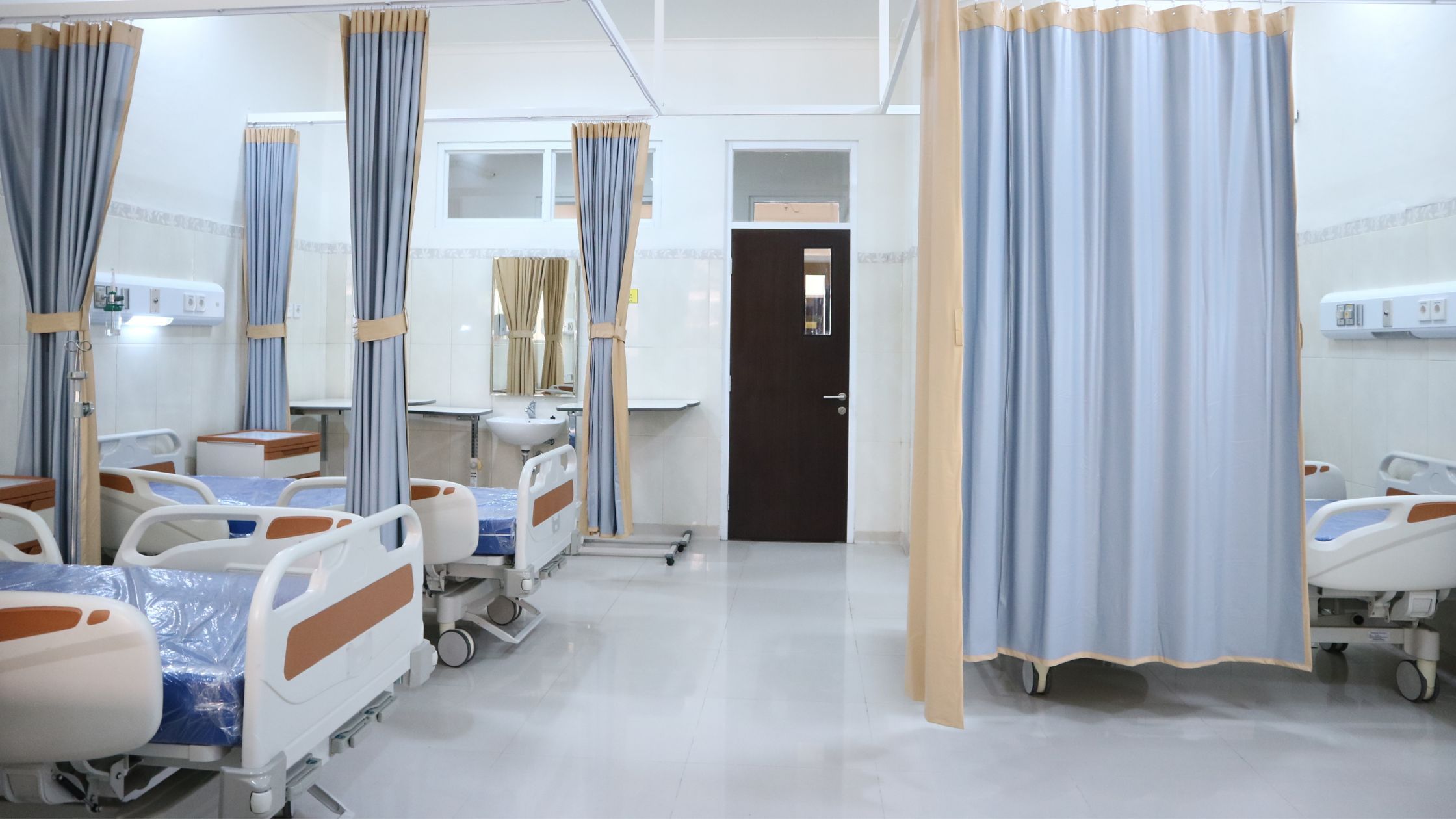What is the Medical Innovation Bill?
The Medical Innovation Bill, known as the Saatchi Bill, would provide legal protection to medical professionals who want to try new treatments for patients whose survival chances are poor. The Saatchi Bill was introduced to Parliament by Lord Saatchi with the aim of "doctors to innovate new treatments and cures safely and responsibly for cancer and other diseases."
In view of the above, the Saatchi Bill meant that any doctor acting with the support of a responsible body of their peers and the informed consent of their patient, would not be guilty of negligence if they tried a new treatment.
No MP moved the Bill at its Second Reading on 6th March 2015, so it progresses no further. Previously, there was a mixed response in the medical and legal world to the bill and this has remained unchanged. Below, we consider the advantages and disadvantages of the Saatchi Bill.
Arguments in support of the Saatchi Bill
Lord Woolf has said that, at present, "doctors hands are tied - by concerns about professional reputation and potential negligence claims. That needs to change". There is a concern that the threat of clinical negligence claims is preventing medical professionals to adopt modern treatments. It must be remembered that, due to the very nature of medicine, there is room for differences of opinion. However, many submit that doctors adopt only well-established, mainstream treatments, in fear that new treatments come with an increased risk, simply because they have not been tried and tested. In this context, many are concerned that life-saving treatments are being ignored because of, what are perceived to be, strict regulations in place.
In view of the above, it is hoped that, with less restraints in place, doctors will be free to try new treatments. As such, by discovering new treatments, potentially, developments may be achieved more promptly.
Similarly to the above, should there be concern in respect of the number of clinical negligence claims being made? Records show that the number of such claims are on the rise. A report from Unified Patents, found that 449 patent cases were filed in district court in January 2015-a 36% increase over January 2014. To illustrate how much troll litigation has surged, there were more cases filed by patent trolls in one month in January 2015 than in the entire year of 2004.
Arguments against the Saatchi Bill
The Bill will confuse rather than elucidate the law. Information with the Bill states: "There is a distinct lack of understanding of the current legal standards test and the case law around medical negligence." Whether or not that is indeed the case, establishing law aimed at medical innovation will guide doctors to consider that one law exists for medical innovation and another for established treatments. If there is an absence of understanding of present legal standards, statute such as the Saatchi Bill will only further complicate matters. Rather, what is needed is greater education and understanding about the existing legal position.
The brief attached to the Bill claims the Bill will "empower patients to demand that every possible route should be tried". There are two issues arising out of this statement. First, the sad reality of most cases where the Bill might apply is that there is seldom time to try all possible treatments, nor is there likely to be funding for this, and the use of one may in some circumstances preclude the use of another. Second, not every possible route will meet the legal standard. The combined effect of these issues may lead to a breakdown in the doctor-patient relationship, where the doctor is simply not able to deliver on expectations. The Bill will inhibit good and adequate assessment of potential innovations and thus hold back innovation. This Bill could create a mechanism allowing doctors to bypass necessary development and research to properly evaluate all treatments. There would be a reluctance to undertake full clinical trials on innovative treatments, thereby preventing the introduction of proper treatment.














